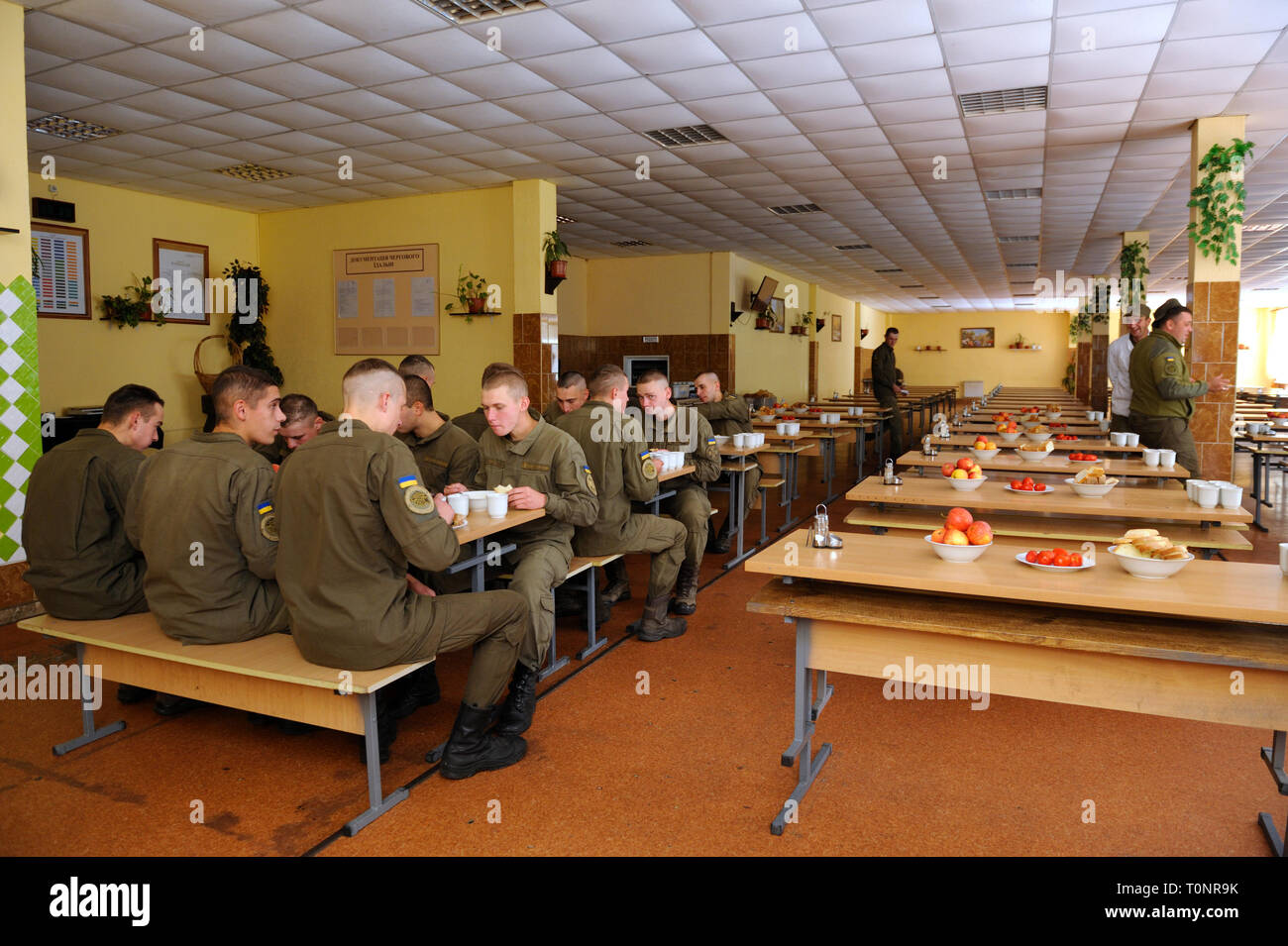Key Takeaways:
- Early detection is key in preventing extensive plumbing damage.
- Immediate actions can reduce harm and set the stage for repairs.
- The proper preventive measures can avert sudden plumbing crises.
- Bolstering your plumbing knowledge can empower self-sufficiency.
Recognizing Signs of a Plumbing Emergency
Plumbing emergencies are like uninvited guests; they arrive without warning and can cause significant stress and damage. Early recognition of an impending plumbing disaster is critical. It requires a keen observation of the signs, such as the persistent sound of dripping water, unexplained increase in water bills, low water pressure, or discolored water, all of which might indicate underlying issues in your system. Spotting these red flags early on could prevent a minor issue from escalating into a scenario that necessitates emergency plumbing. By heeding these signs, homeowners can act swiftly to avoid the inconvenience and cost of extensive water damage.
Initial Steps to Mitigate Damage
When you suspect a plumbing emergency, your immediate response can dramatically reduce the damage incurred. The most fundamental step is to close the main water shutoff valve to halt the water flow. This action alone can prevent damages from multiplying until you decide on the following action. If you are familiar with basic plumbing and the issue seems manageable, a temporary fix like tightening a connection or replacing a washer might be performed to mitigate the issue. However, if the problem exceeds your comfort level, it’s time to contact a professional specializing in rapid response and repair.
Assessing the Severity of Your Plumbing Situation
Assessment is a crucial phase in dealing with a plumbing emergency. While some issues, such as a clogged sink or a leaky faucet, may be addressed with DIY fixes, other situations, like burst pipes, urgently require intervention from a professional. It’s vital to recognize when a problem is beyond your capabilities; this is usually when there’s a risk of significant property damage or when specialized tools are needed. Feel free to contact professionals for immediate assistance to resolve complex issues quickly and efficiently before they escalate.
Contacting a Professional Plumber
Finding a trusted and skilled plumber can be nerve-wracking, especially during a plumbing catastrophe. Before the need arises, preemptively researching a local plumber, reading reviews, and asking for recommendations can save precious time during an emergency. When you call for help, describe the problem in as much detail as possible. Provide any signs you’ve noticed, actions you’ve taken, and the perceived source of the problem. Communication enables the plumbing professional to gauge the problem’s urgency and adequately prepare for the job.
Handling Water and Flooding Emergencies
Water and flooding emergencies demand immediate attention, as standing water can quickly lead to structural damage and mold growth. First and foremost, prioritize safety by ensuring electricity is turned off in the affected areas to prevent any electrical hazards. Begin by moving valuables to a dry area and removing as much water as possible using buckets, towels, or a wet vacuum. Keep records of all affected areas and items—photographic or video evidence can significantly simplify the insurance claim process later. Remember not to discard any damaged items until after the insurance adjuster’s visit, as they may contribute to a more accurate assessment of your losses.
Preventative Measures and Routine Maintenance
Preventative measures are the cornerstone of good household management; nowhere is this more accurate than plumbing. Regularly scheduled inspections and maintenance by professionals can catch issues before they evolve into emergencies. Homeowners should also familiarize themselves with their plumbing systems and learn to perform basic tasks such as clearing minor blockages or adjusting water pressure valves. Visually inspecting pipes for corrosion or leaks, being mindful of what goes down your drains, and even insulating pipes in cold climates can preclude a great deal of inconvenience and expense. Periodic attention to these details can help maintain the integrity of your home’s plumbing infrastructure.
Becoming Empowered Through Basic Plumbing Knowledge
Understanding plumbing fundamentals does more than equip you to manage small repairs; it fosters proactive stewardship of your home’s plumbing system. Empowering yourself with plumbing knowledge can alleviate the panic of unexpected problems and allow a composed, informed response. In addition to learning practical skills, familiarizing yourself with the layout of your pipes and the central shutoff locations is invaluable in an emergency. Simple repair skills such as fixing a running toilet, replacing a faucet aerator, or adequately using a plunger can contribute to the longevity of your plumbing system, prevent issues, and provide a sense of self-reliance.




